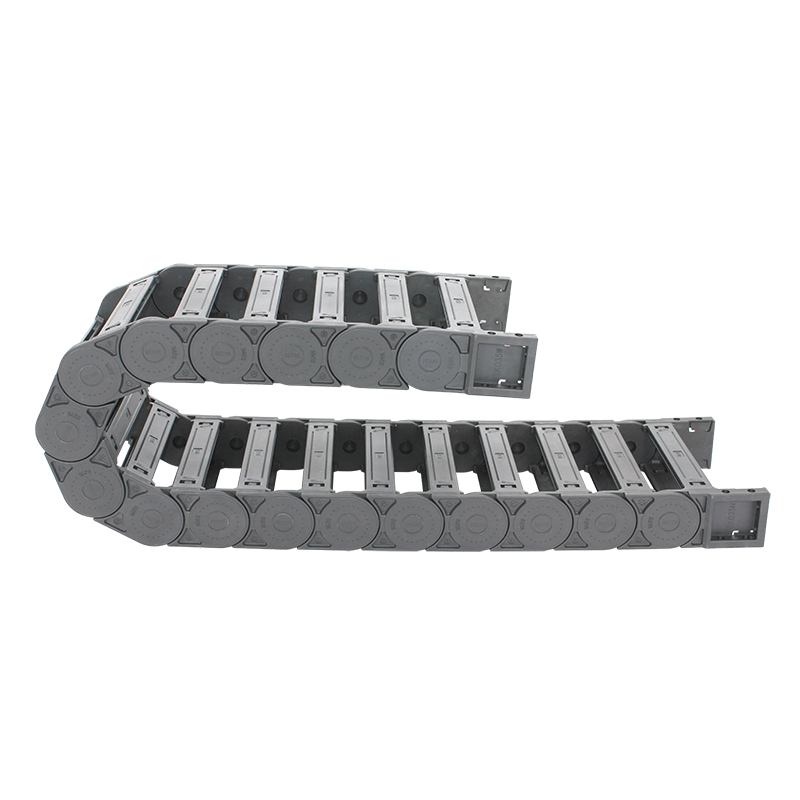Comprehensive Guide to Energy Chain Cable Carriers in Industrial Applications
The Importance of Energy Chain Cable Carriers in Modern Industry
In today's rapidly evolving industrial landscape, the demand for efficient and reliable systems has skyrocketed. As machinery becomes more complex and automation expands, the need for robust cable management solutions is critical. One such solution that has gained prominence is the energy chain cable carrier, a pivotal component in various applications ranging from manufacturing to material handling.
What is an Energy Chain Cable Carrier?
An energy chain, also known as a cable carrier or drag chain, is a flexible and durable system designed to manage and protect moving cables and hoses in automated machinery. The design typically consists of interlocking links, forming a continuous loop that guides cables and hoses along a predetermined path. This system reduces cable wear and tear while preventing tangling and potential damage caused by movement.
Key Features of Energy Chain Cable Carriers
1. Flexibility and Mobility Energy chain cable carriers are engineered to provide smooth movement in multiple directions. This flexibility is essential in applications such as robotic arms and CNC machines, where precise movement is crucial.
2. Durability Made from high-quality materials like polyethylene and nylon, energy chains can withstand harsh environmental conditions, including exposure to chemicals, extreme temperatures, and abrasive materials.
3. Noise Reduction Many energy chain systems feature designs that minimize noise during operation. This is particularly beneficial in workplaces where sound levels can affect productivity and employee comfort.
4. Modular Design Many energy chains are modular, allowing for easy customization and expansion. This adaptability is essential for industries that constantly evolve their machinery and workflow processes.
energy chain cable carrier

5. Easy Installation and Maintenance Designed for user-friendly installation, energy chain systems often come with pre-assembled links, making setup quicker and more convenient. Additionally, maintaining these systems is straightforward, typically requiring periodic inspections for wear.
Applications of Energy Chain Cable Carriers
Energy chain cable carriers are diverse in their applications, frequently utilized in sectors such as
- Manufacturing In automated production lines, energy chains facilitate the effective management of cables connecting machines, sensors, and control systems, ensuring smooth operations.
- Robotics Robots often require extensive cable management due to their intricate movements. Energy chains provide a reliable solution for routing cables, reducing the risk of snagging and enhancing overall functionality.
- Material Handling In conveyors and automated storage systems, energy chains ensure that power and data cables are organized and protected, contributing to efficient material movement.
- Renewable Energy In wind turbines and solar panel installations, energy chains help manage cables that connect energy transfer components, ensuring system reliability and performance.
Conclusion
Energy chain cable carriers play a vital role in modern industrial applications by ensuring the safe and efficient management of cables and hoses. Their flexibility, durability, and ease of maintenance make them an indispensable component in various sectors. As industries innovate and automation continues to rise, the significance of cable management solutions like energy chains will only grow, underscoring their importance in achieving heightened efficiency and reliability in operations. Investing in quality energy chain systems ultimately contributes to enhanced productivity, reduced downtime, and improved workplace safety, making them a fundamental aspect of contemporary industrial engineering.








